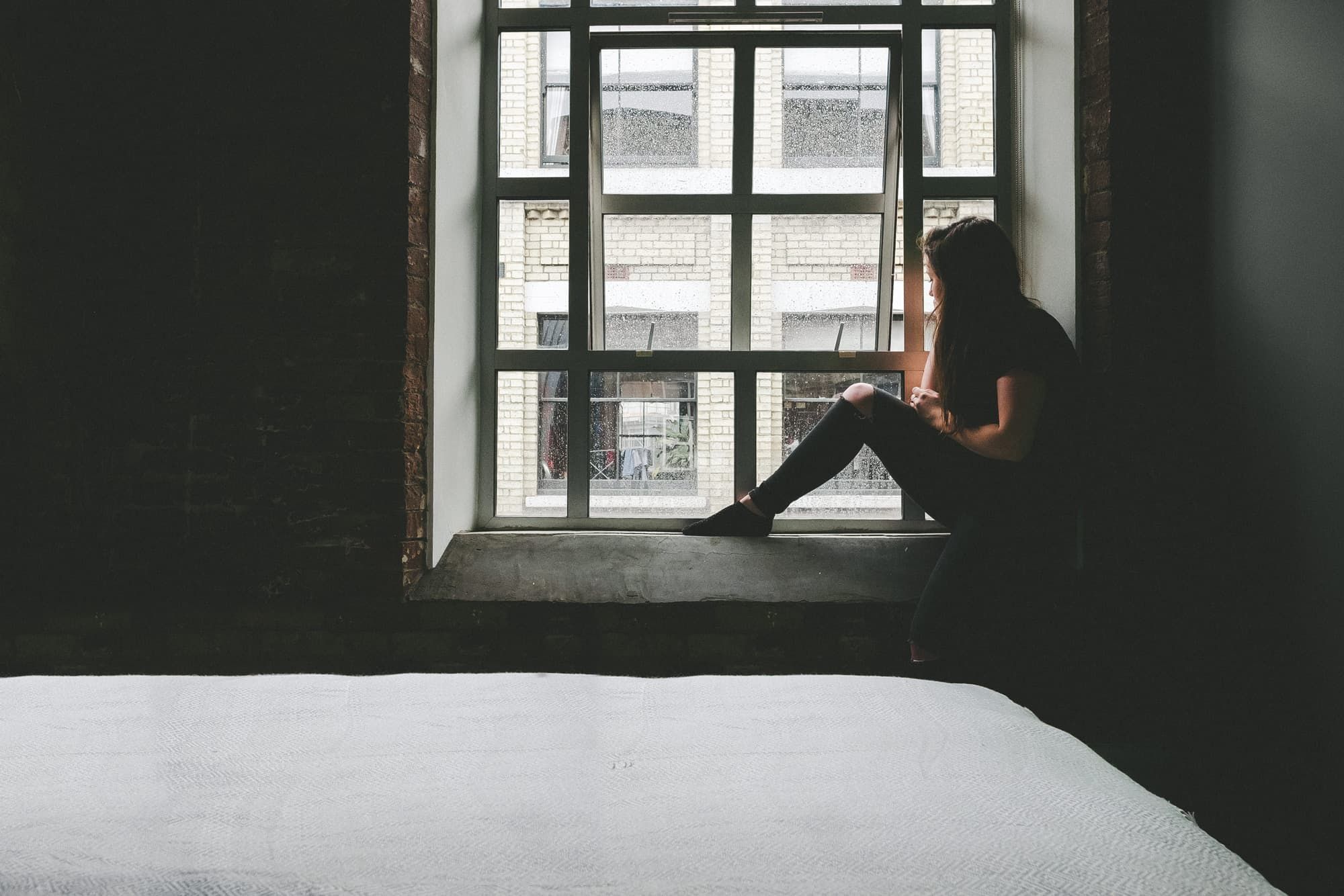
Our Everyday Anxiety
Most of us have said the phrase, “I’m so anxious!” or something similar several times in our lives. There are many ways to describe how we feel when we are anxious. For example: having great expectation for something, nervousness, doubts, restlessness, lack of peace, etc.
Anxiety is an important component of our lives, but how healthy is it?
Nowadays, everything happens so fast. People are born. We get married. We have children. We buy and sell things. We win some and lose some. And, thousands of other natural and bizarre phenomena happen all the time in our network called human society. The times between these events seem to speed by without stopping. With no room to breathe, they pass by in a hurry. All the while, they are still trying to govern our emotions and feelings. They make the past present and creat the feeling to live the future now. The mark of our civilization is all messed up. And, here we are, right in the midst of this web of information. Each person having their own story. Their own circumstances and complaints. We live day after day trying to be more than just a number, and in fact, we are more than just a number!
There is so much demand and pressure to move forward, to conquer new things, to make decisions, to reach goals, to live a certain way, to keep up with the latest trends, and to follow a pattern of life that is almost unfathomable. These aspects are not necessarily bad for us; but it is because of these things, we often do not resist falling into the cycle of anxiety and therefore run a great risk of starting to live a superficial life. This is a delicate point in our lives where we must always be reflecting on ourselves, our values, and ultimately about our own existence.
There are two types of anxiety we will highlight: the functional and the dysfunctional.
Functional anxiety is a natural way that our body / mind has found to keep us safe from harm. When we see something dangerous or threatening, our brain releases substances in response to that stimulus. Characteristics of this type of anxiety are an increase in heart rate, shortness of breath, and tension in the muscles preparing to defend ourselves.
Now, imagine all the social phenomena that we are exposed to daily. These situations threaten our security, not to mention our personal well beings, and often make us tense and worried. Our brain is constantly aware that we need to protect ourselves, so what happens? We begin to experience symptoms of dysfunctional anxiety!
In dysfunctional anxiety, we usually feel the symptoms of functional anxiety more intensely which may cause other various symptoms to develop, and the anxiety is now a disorder. We will not delve into those symptoms or diagnostics of anxiety disorders but rather reflect on a healthier lifestyle.
There are many websites, magazines, and books that present these almost perfect lifestyles that we often cannot adapt to in our own realities. They are interesting, but it is necessary to understand the perfect lifestyle for us is the one that brings us peace. And, anxiety, as we said above, is a natural feeling at certain moments of our lives. It is a biopsychosocial process which means it is biological, psychological, and social all at the same time. But if we allow it to be part of our lifestyle, a rule for all events and phenomena that happen or could happen, we are probably not at peace and on the verge of it becoming an illness.
Many times we are already so used to living an anxious lifestyle that we don’t even know what it is like to live without it. Self-reflection is the most important way for changing habits than any other source of motivation. By self-reflecting, we are able to perceive when we are not doing well and when we need help to face the difficult phases of our journey.
By Laish Silva, Leader of Hadassah House